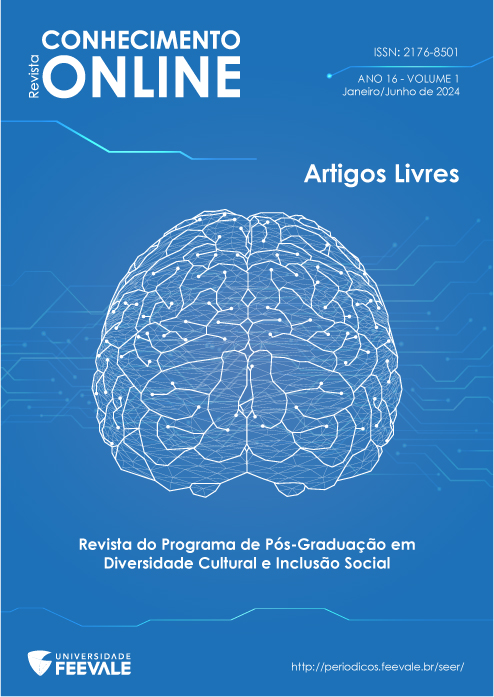INTERACTIVE EXPERIENTIAL MODEL FOR THE DEVELOPMENT OF DIGITAL TEACHING COMPETENCE IN REGULAR BASIC EDUCATION
DOI:
https://doi.org/10.25112/rco.v1.3507Palavras-chave:
competência digital, professor de e-learning e modelo experiencial interativo.Resumo
The objective of this study is to characterize the practical experiential learning of the use of digital technologies in teachers for the configuration of an experiential interactive model in the development of digital competence of the Regular Basic Education teacher in Peru. A socio-critical and interpretative paradigm and a qualitative approach that responds to applied scientific research in education were oriented. The techniques were the survey and the interview. It stands out, in a relevant way, the construction of a semantic differential scale as a contribution to the processes of instrumentation of studies related to the topic addressed. The sample consisted of directors and teachers of Educational Institutions belonging to the district. The diagnosis shows limitations of teachers regarding digital skills, since they were not aligned with the advance and exponential development in the management of different technologies that constitute a priority after the repercussions generated by the Covid-19 pandemic. In this way, the proposed pedagogical model was carried out based on the theoretical construction method and the contributions of the Holistic-Configurational theory. This allowed us to reach the active, constructive and creative transformation of the experiential interactive model for the development of the digital competence of the E-Learning teacher.
Downloads
Publicado
Como Citar
Edição
Seção
Licença
Copyright (c) 2024 Yorkys Santana González

Este trabalho está licenciado sob uma licença Creative Commons Attribution 4.0 International License.
• Os autores mantêm os direitos autorais e concedem à revista o direito de primeira publicação com o trabalho licenciado sob a Licença Creative Commons - Attribution 4.0 International (CC BY 4.0).
• Os autores são estimulados a publicar e distribuir seu trabalho online (ex.: em repositórios institucionais ou na sua página pessoal), pois isso pode aumentar o impacto e a citação do trabalho publicado.


